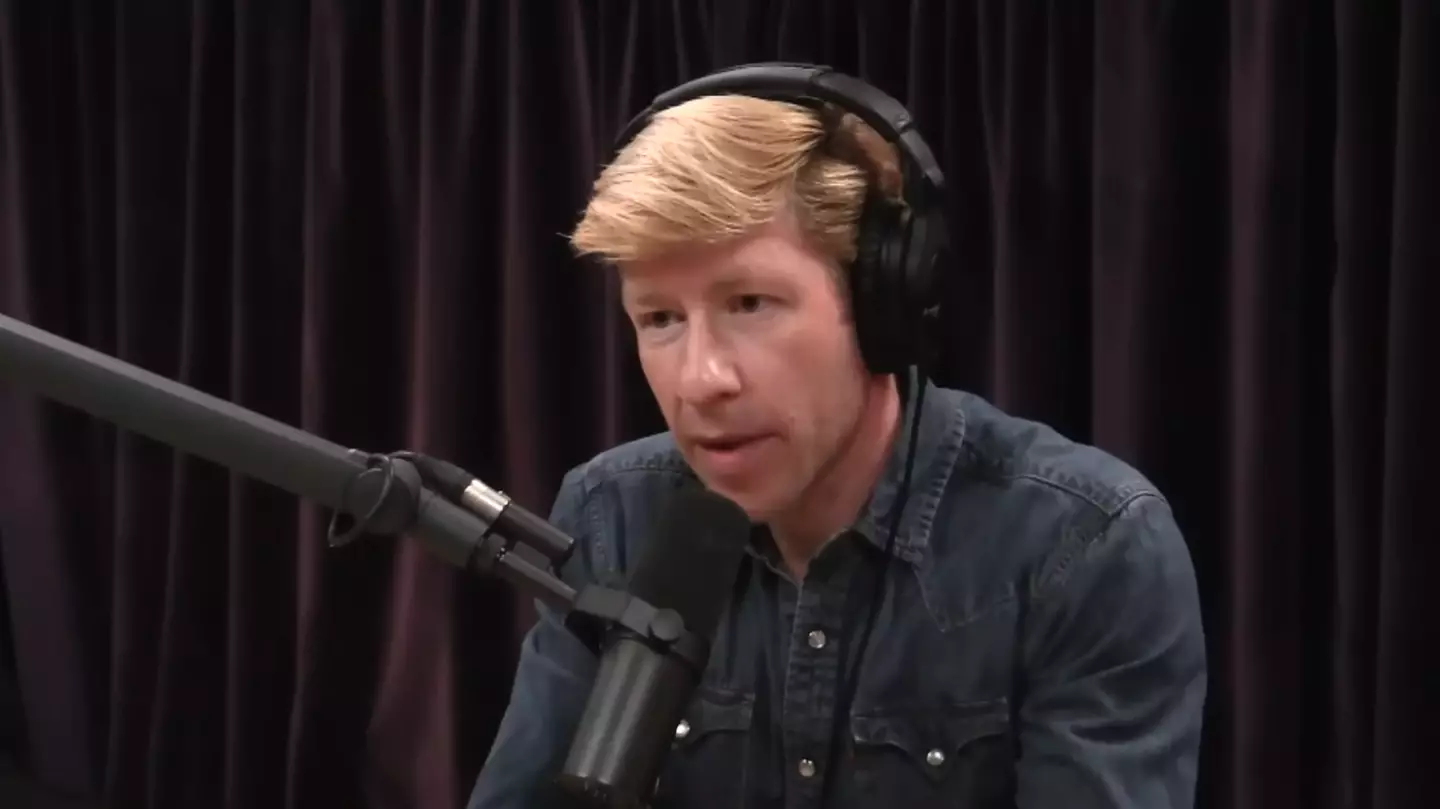
Warning: This article contains discussion of alcoholism which some readers may find distressing.
An expert has shared a 'terrifying' side effect of drinking alcohol which is rarely talked about.
Much of the world seems to be split at the moment when it comes to drinking booze, with more and more young people giving it up entirely rather than doing it once a year in Dry January.
Unsurprisingly, there are all sorts of health warnings associated with alcohol, smoking and drugs but it feels like it's only the last decade where people have really started to take notice and seek out the healthiest possible versions of themselves.
Advert
Given the damage that even one beer can do, it's easy to comprehend why someone struggling with alcoholism might be putting their body through the mill, and this is where a particularly terrifying side effect might occur.
Matthew Walker, a scientist and professor of neuroscience and psychology at the University of California spoke on the Joe Rogan podcast about why drinking too much can affect your sleep, to the extent where you could start dreaming while you are still awake.

He said: "If you look at alcoholics, they will have something often when they come off alcohol, something called delirium tremens. There what happens is that the alcohol has been blocking dream sleep for so long and the pressure for dream sleep has built up so powerfully in the brain, it actually just spills over into wakefulness.
"And so, the brain just says 'ok if I'm not going to get this dream sleep while you're asleep, I'm just going to take it while you're awake.' You start to essentially dream while you're awake.
"It's this collision of two states of consciousness, which is where you get delirium."

While you might think this sounds cool because it's similar to Inception, it can actually be life-threatening in some circumstances, as the body enters a 'tug-of-war' state.
Cleveland Clinic states: "Your central nervous system controls your body’s automatic processes like breathing and heart rate. Alcohol is a depressant, so it slows down this activity. Your CNS is on the other side of the rope pulling back by increasing its own activity to keep things running. Over time, your CNS adjusts and sees that increased activity level as its new normal.
"If you suddenly stop drinking, it’s like the alcohol side letting go of the rope. Suddenly, your CNS doesn’t have to pull back against alcohol to keep activity at a proper level. But your CNS can’t bring its activity level down quickly. That means your CNS is much more active than needed, to the point that it negatively affects automatic body processes. This causes DTs."
And considering some of the symptoms of these DTs include hallucinations, seizures and tremors, it's easy to see why people would be keen to avoid it.
So, if you are an alcoholic thinking about quitting booze for good, it's best to do it in a measured way rather than all at once, otherwise you could suffer from this alarming side effect.
Please drink responsibly. If you want to discuss any issues relating to alcohol in confidence, contact Drinkline on 0300 123 1110, 9am–8pm weekdays and 11am–4pm weekends for advice and support.
Topics: Alcohol, Health, Joe Rogan, Mental Health
